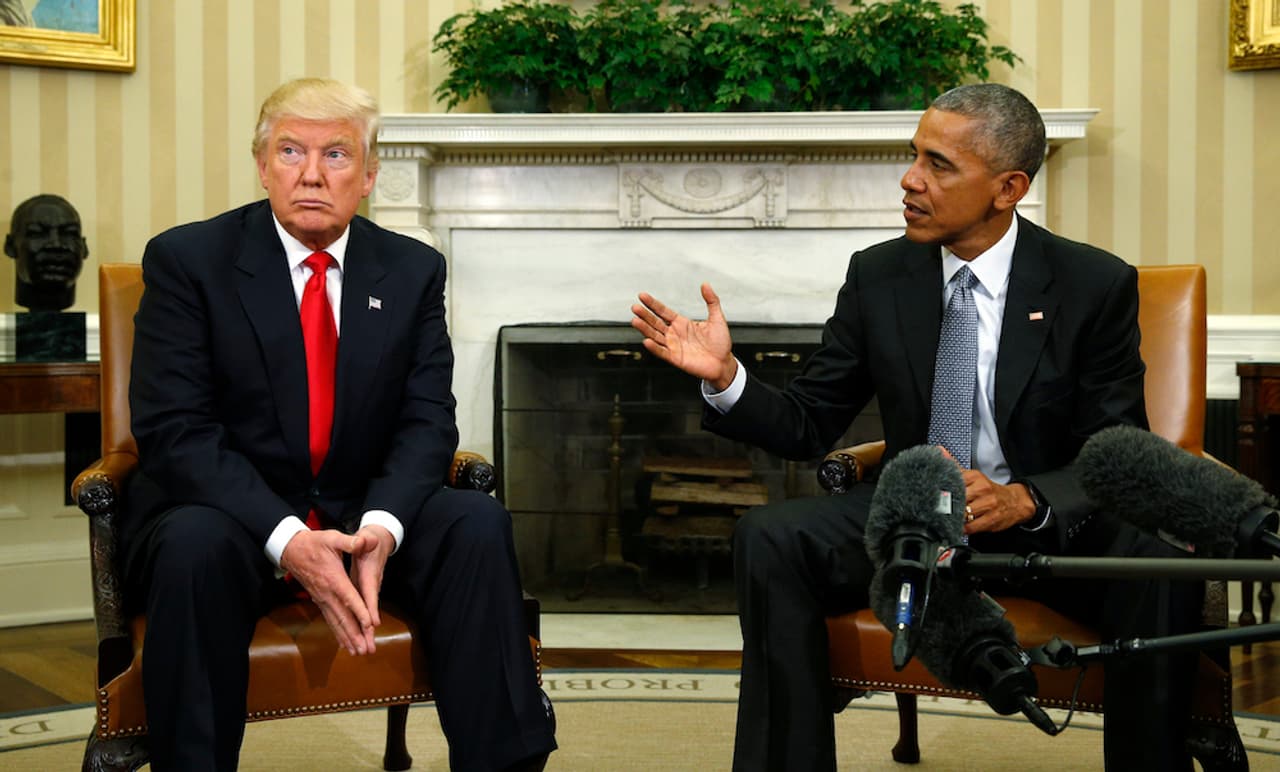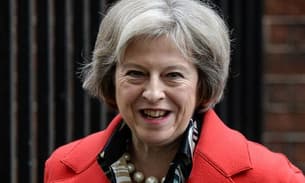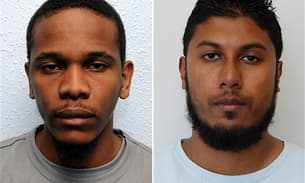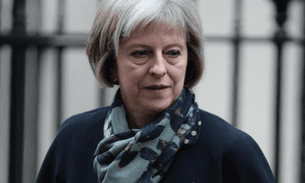
Home Secretary aims to quash Lords rebellion on plans to make terror suspects stateless
The Home Secretary Theresa May will today call on MPs to vote down a House of Lords rebellion and grant her the power to make terror suspects stateless.
The Home Office argues that the new power, contained in the Immigration Bill’s most controversial clause, is an essential tool for protecting national security. It expands on existing citizenship-revoking powers that have been compared to ‘medieval exile’ by a leading human rights lawyer.
The clause met with stiff resistance in the Lords, led by senior legal figures. The former director of public prosecutions Lord Macdonald told peers that the use of statelessness was a ‘policy beloved of the world’s worst regimes during the 20th century’.
Labour, which backed the Bill during the its last Commons reading, said it will vote against May’s plans, and the Bureau understands several Liberal Democrat MPs are considering rebelling over the issue.
This morning the Home Secretary tabled a last-minute ‘compromise’ measure, establishing a review of how the powers are used. The concession is aimed at heading off an amendment passed in the Lords that would force the government to set up a committee comprising both peers and MPs to scrutinise the legislation. This could include a public consultation and delay the powers for months.
Read the Bureau’s full investigation: Citizenship Revoked
The Home Secretary added a further amendment suggesting that she would only make people stateless if she had ‘reasonable grounds to believe’ the individual affected could gain another nationality, and so would not be permanently stateless.
– Home Office spokeswoman
Shadow immigration minister David Hanson said: ‘Theresa May is making a mess of this. She tried to rush [the statelessness clause] through as a distraction from other problems in the Immigration Bill but it has serious ramifications. The Home Secretary has provided no answers or explanation on how this would work in practice.’
Party sources told the Bureau that the Liberal Democrat Home Office minister Norman Baker wrote to May and immigration minister James Brokenshire, urging them to seek a compromise over the statelessness clause.
Theresa May already has the power to revoke the British citizenship of dual-nationality citizens under the British Nationality Act. She has used existing powers to strip 24 dual-nationals of their citizenship on national security grounds since the Coalition came to power. Three nationals were stripped of their citizenship on similar grounds under the previous government.
The Home Secretary may not currently remove the citizenship of those who hold only UK nationality, as it is currently illegal for her to use the laws to make people stateless.
Last October, May lost a six-year legal battle to revoke the citizenship of an Iraqi-born man, Hilal al Jedda, when the Supreme Court ruled that it would illegally make him stateless. Instead of returning his British passport, May revoked al Jedda’s citizenship afresh. The current plans, removing the barrier on making individuals stateless if they are naturalised citizens who are believed to have done something ‘seriously prejudicial’ to the UK, were first suggested to reporters by anonymous Home Office officials weeks later.
But May waited over two months before formally announcing the plans, adding the relevant clause to the Immigration Bill less than 24 hours before its final Commons debate in January. The timing was criticised by the Joint Human Rights Committee and several MPs – who claimed such a significant power needed more legislative scrutiny – and legal experts – who argued the new rules could cause ‘significant’ damage to the UK’s international relations.
Several peers voiced concern as the Bill progressed through the House of Lords. Labour’s Baroness Kennedy QC, in an article written for the Bureau, labelled plans to make people stateless ‘repugnant’.
They were not alone. Ben Emmerson QC, the United Nations rapporteur on counter-terrorism, expressed ‘very significant concern’ over the plans, and Professor Guy Goodwin-Gill, a leading immigration lawyer and fellow of All Souls College, Oxford, wrote a series of legal memos warning that Britain could breach its international legal obligations if it were to make people stateless.
A Home Office spokeswoman told the Bureau: ‘The first duty of government is the security of its citizens. That’s why we need a proportionate measure to address the very small number of harmful individuals who abuse the privileges of British citizenship.’
Shami Chakrabarty, Liberty.
Last month an amendment to the clause tabled by Labour’s Lord Pannick and others, which would require the government to submit its controversial plans to months of extra scrutiny from MPs and Lords, passed by 242 votes to 181.
The government’s current solution resembles a Lords amendment tabled by Liberal Democrat peer Baroness Hamwee, that called for the appointment of an ‘independent reviewer’ whose report the Home Secretary would have to lay before parliament.
Today’s amendment removes the demand that the reviewer is ‘independent’. It also specifies that the review should only be completed every three years after an initial one-year review and allows the Home Secretary to negotiate with the reviewer to redact and keep secret parts of the report on national-security grounds.
Related story – Supreme Court rules citizenship-stripping order was illegal
The Bureau understands that under May’s plan the government’s Independent Reviewer of Terrorism Legislation, David Anderson QC, would be tasked with monitoring the use of the new powers. He currently conducts an annual review of Terrorism Prevention and Investigation Measures (TPims), the regime that replaced control orders.
Shadow Immigration Minister David Hanson criticised May’s rejection of the changes to the Bill voted on by the Lords.
‘Experts have warned this policy [of making people stateless] won’t work to remove dangerous people from our shores or to keep them away. And at the same time it gives substantial personal power to the Home Secretary without any proper checks and balances – something other Western democracies have completely rejected,’ he said.
Director of human rights charity Liberty Shami Chakrabarti said: ‘Removing the right to have rights is a new low. Washing our hands of potential terrorists is dangerously short-sighted and statelessness is a tool of despots not democrats. The Lords rightly ripped this plan apart – now it’s time our MPs matched their courage.’
Follow Patrick Galey and Alice Ross on Twitter. Sign up for email updates on the Citizenship Revoked investigation.
Home page photo credit: Home Office




